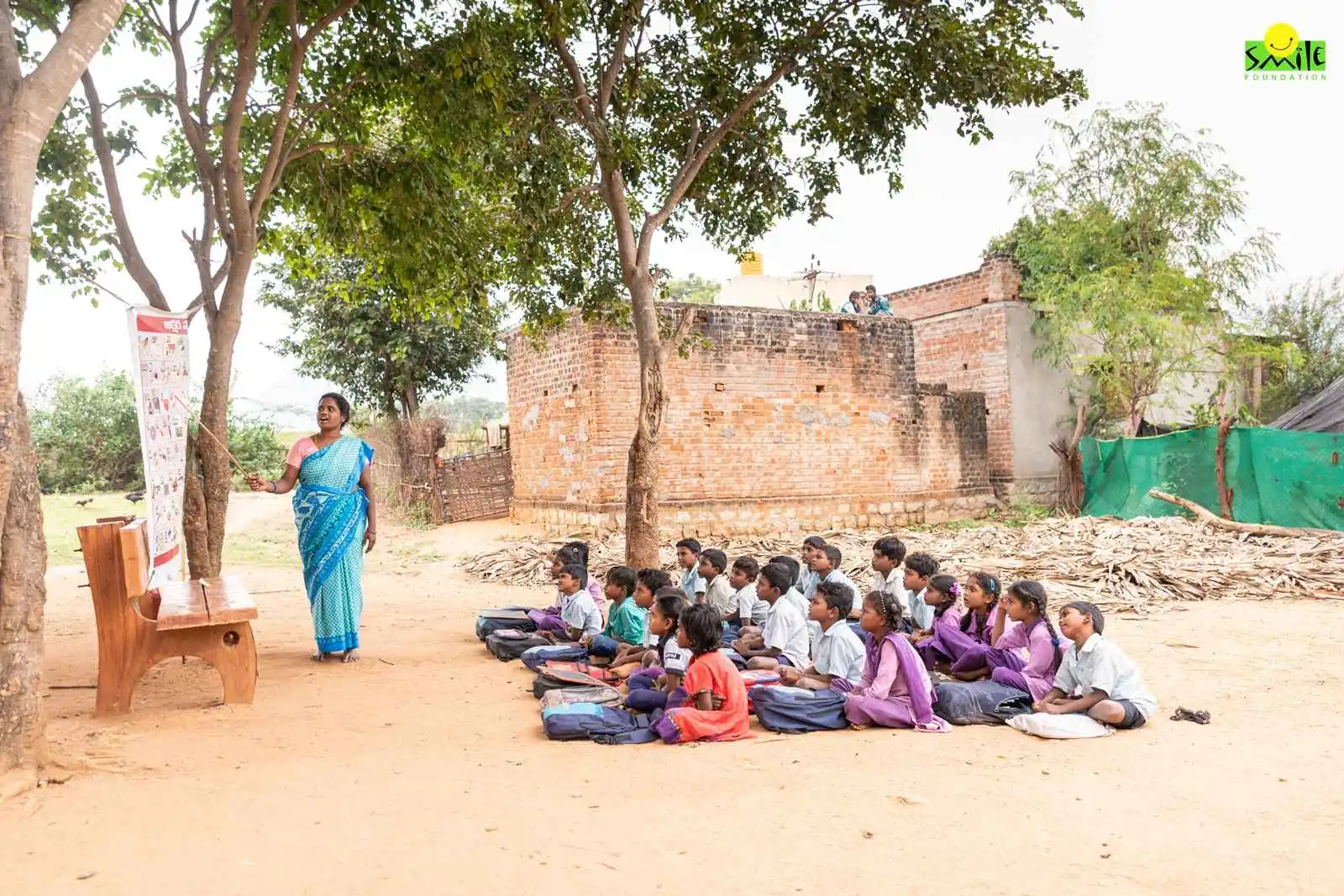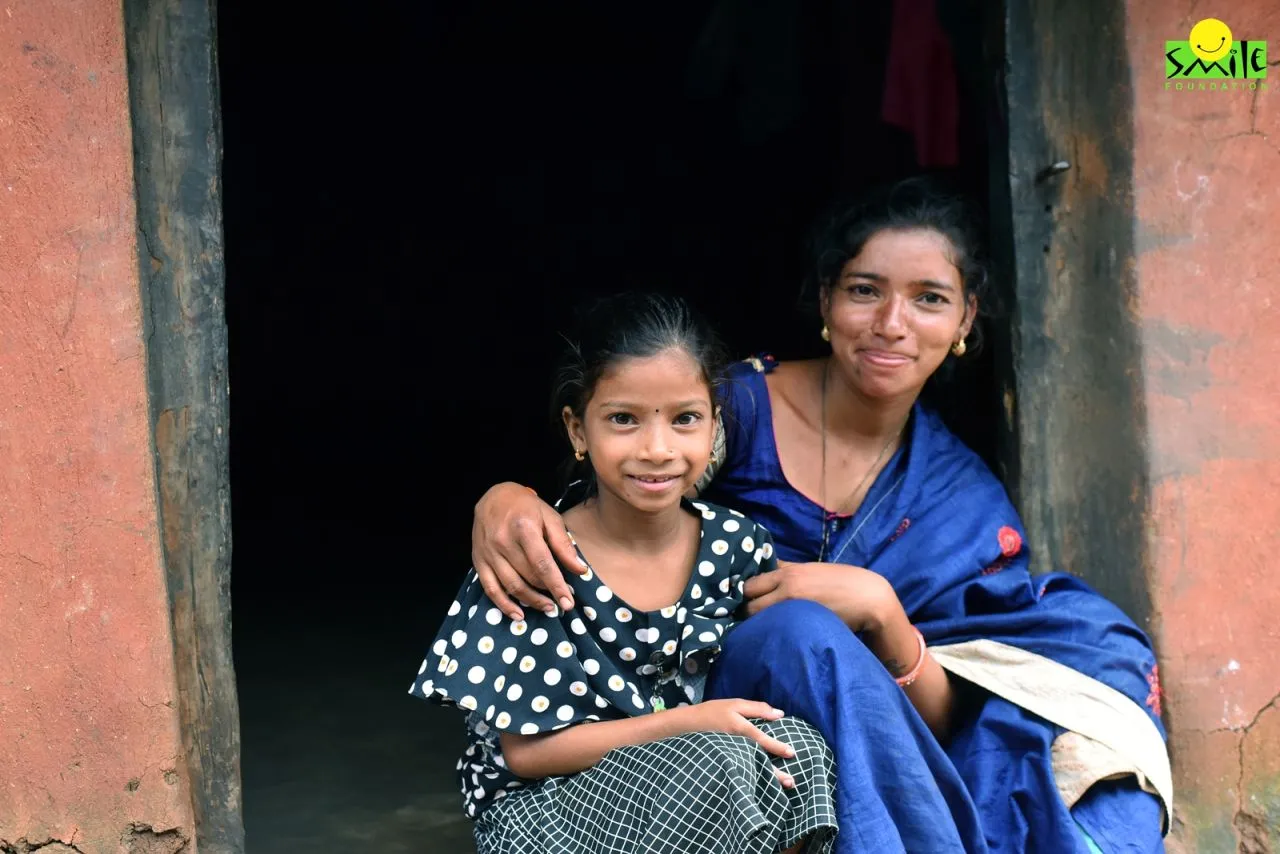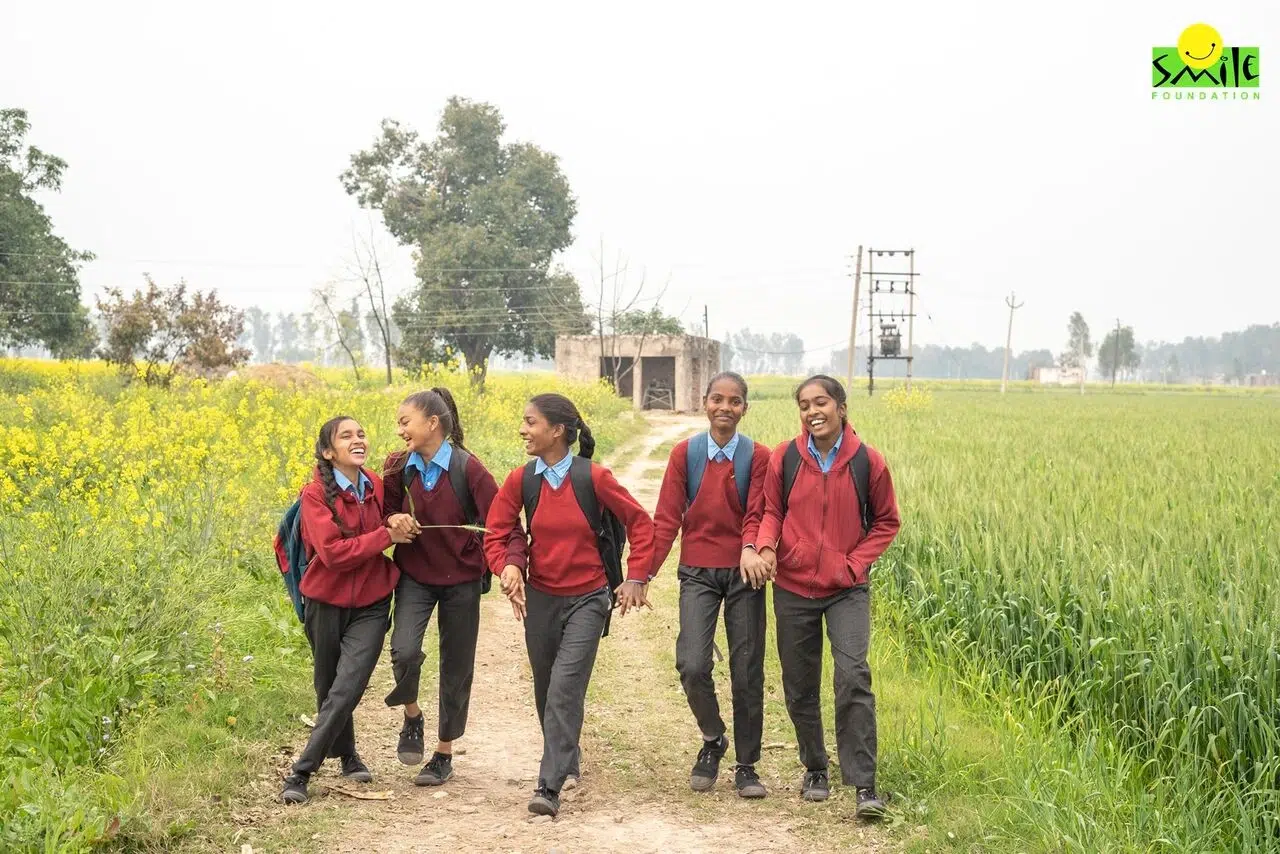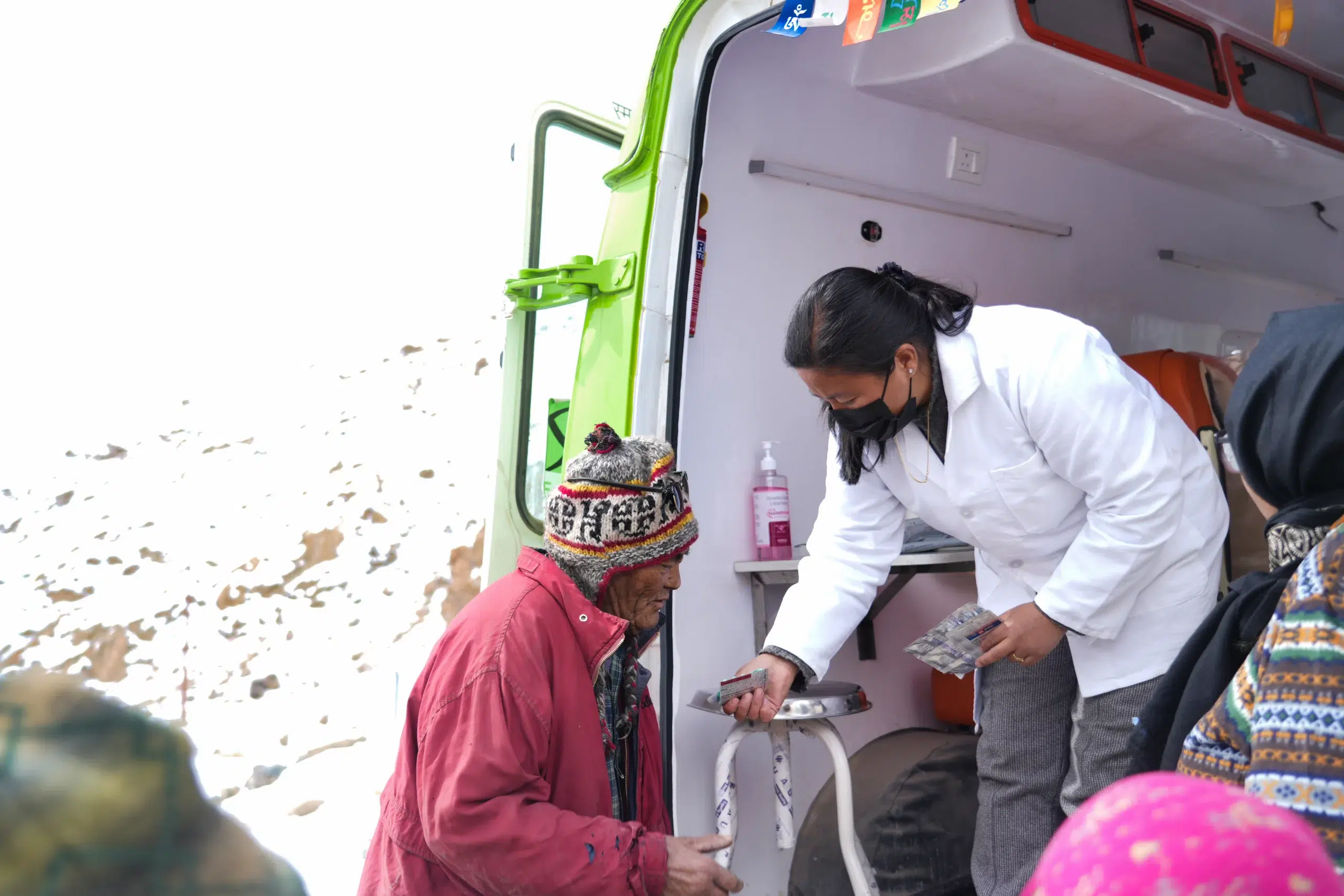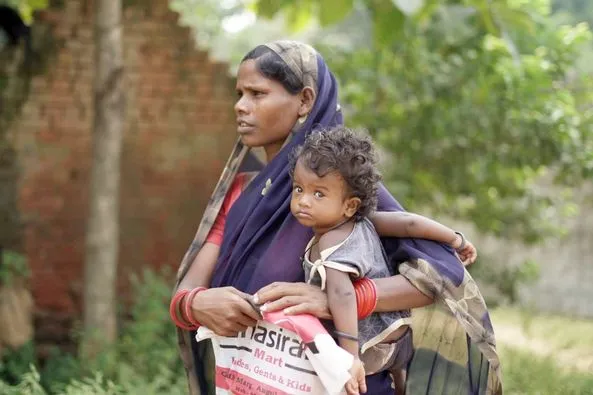According to WHO, 80% of older people will be living in low- and middle-income countries in 2050. WHO defines healthy ageing as “the process of developing and maintaining the functional ability that enables wellbeing in older age.” With significant developments in science and technology, the knowledge and skills are available to give outstanding preventative and medical attention to this cohort. The need of the hour is a policy, collective action and infrastructure that promotes high-quality health care that is inclusive and goal-directed and takes into account older individuals’ choices and requirements.
Ageism in older people is related with reduced physical and mental health, more social isolation and loneliness, greater instability in finances, lower quality of life and early death. A long life is a valuable resource, especially if it is spent in good health instead of significant impairments in physical and mental capabilities.
Let’s look at how to foster healthy ageing.
The United Nations Decade of Healthy Ageing (2021-2030) The United Nations Decade of Healthy Ageing (2021-2030) global initiative focused on improving the lives of older individuals, as well as supporting their families and the communities they belong to. WHO leads the Decade’s implementation in partnership with other UN organisations.
Factors That Influence Healthy Ageing
Ageing is impacted by a variety of factors, including biology, way of life and the surroundings. Biological variables influence molecular and systemic levels. Regular physical activity, a healthy diet, adequate sleep, and cognitive engagement all contribute to overall well-being. Support systems, community resources and availability of healthcare services are all surrounding variables that influence healthy ageing outcomes. Encouraging social and physical environments enable individuals to achieve what is essential to them, irrespective of any limitations in their abilities.
Furthermore, socioeconomic status contributes to differences in ageing outcomes, with those from poorer origins frequently having larger barriers to accessing finances and healthcare facilities. Genetic predisposition can influence how well we interact with particular genes and cellular pathways linked to age-related disorders that impact lifespan.
Steps That Can Contribute to Healthy Ageing
A Healthy Lifestyle
A healthy lifestyle is a priority for older people. It includes nutritious food, keeping your mind busy, age-appropriate physical activity, prioritising your mental health, participating in activities you enjoy and making your environment safer to avoid falls, to name a few. Much of this can be done on a personal basis, but many older persons will require support and access to the correct environment, people or resources to do so based on their capacity and circumstances. WHO’s campaign to Combat Ageing will provide the requisite tools to educate older adults on ageism, engage in conversations about this significant issue within the community, organise events to increase awareness and disseminate information through social media to foster a more informed and engaged community.
Age-friendly Environment
Age-friendly environment as initiated by WHO aims to create age-friendly cities and communities by eliminating obstacles and establishing inclusive policies, systems, products and services that promote healthy ageing.
Environments that are supportive of all ages are more effective spaces for development, living, working, leisure and ageing. In the Indian context, the houses need to be safe and well-equipped. Beyond homes, there is a need for safe pavements and pedestrian walkways to access places and services, and city parks to help older adults walk in safe and green spaces and interact with others. Public transport needs to cater to older people. In India, Kochi joined WHO to become age-friendly.
Broad Range of Services
The cost of health-care visits and problems with transportation (cost and access) are significant obstacles. Older individuals residing in rural areas may encounter transportation challenges because care services are frequently concentrated in large cities away from their towns or villages. It is essential to provide a wide variety of services for seniors to help them age without difficulties.
Moreover, it also important that these services deliver with a focus on the individual, coordinated among different health and social care providers, and do not impose financial burdens on the recipients.
WHO offers its Member States an integrated model of care that provides information, guidance and resources to help them understand, develop and implement a person-centred system to foster good health for the elderly.
Long-term Care
With age, elderly people experience a substantial decline in their health and require long-term care. They are likely to require assistance with everyday tasks such as preparing meals, maintaining cleanliness, dressing and personal hygiene. Long-term care can include home-based care, formal caregivers, community and residential care and traditional health services. They require reliable and skilled care workers and quality long-term care. With underpaid and unskilled care workers, along with paucity of relevant resources receiving long-term care is a major problem. WHO’s Integrated Continuum of Long-term care supports countries in the establishment of the foundations required for the provision of long-term care as a component of universal health coverage.
Healthy ageing calls for more than merely having a long life; it focusses on enhancing both physical and mental well-being, as well as the overall quality of life. To enhance the current healthcare framework and minimise personal health expenditures, the ‘Health Cannot Wait’ initiative by Smile Foundation is delivering quality healthcare services directly to at-risk communities. These efforts will significantly encourage individuals to focus on their health both now and as they grow older.




